Tired of Feeling “Off”? It Might Be More Than Stress
We all experience pressure from work, relationships, and daily responsibilities. But if you’re constantly tired, unmotivated, or disconnected, it might signal something deeper. Tired of feeling “off”? It might be more than stress. Recognizing the difference between everyday stress and a mental health condition is key for healing.
Understanding Why You’re Tired of Feeling “Off”? It Might Be More Than Stress
Stress is a natural part of life, and short term stress can sometimes help us perform. However, when the “off” feeling lingers, you may be dealing with more than ordinary pressure. Many people dismiss persistent fatigue, irritability, or concentration problems as stress. When these feelings may indicate conditions like anxiety, depression, ADHD, or PTSD. Asking yourself, “Am I tired of feeling ‘off’? It might be more than stress,” opens the door to exploring deeper possibilities.
Stress Versus Something More Serious
Stress usually comes with a clear trigger, deadlines, family obligations, or unexpected events. Once the situation passes, your energy and mood often improve. But if your symptoms persist long after the stressor is gone, you may be experiencing an underlying mental health condition. Depression, for instance, can mimic exhaustion, making you feel drained no matter how much rest you get. Anxiety can leave you restless, wired, and unable to relax, even in calm settings. Recognizing the difference is the first step toward recovery.
Common Signs It’s More Than Stress
It’s important to watch for red flags that suggest your struggles go beyond stress. Ongoing sadness, difficulty sleeping, and frequent panic attacks are clear indicators. Struggling to focus, losing interest in activities, or avoiding friends can also be signs. For some people, physical symptoms appear like headaches, stomach problems, or body aches that won’t go away. When stress feels never ending and begins to affect relationships, work, or health, it may be time to seek professional support.
Why People Overlook These Symptoms
Many individuals hesitate to ask for help because they assume they just need to “push through.” Cultural messages often equate rest with weakness, causing people to normalize exhaustion. Others may worry about stigma around mental health conditions or fear needing medication. But ignoring the signs often prolongs suffering and makes recovery harder. By taking symptoms seriously early on, you give yourself the best chance at healing.
How Professional Support Makes a Difference
When you’re tired of feeling “off,” a mental health professional can provide clarity. They can help you determine whether your symptoms are stress related or signs of a larger condition. This process involves careful evaluation, exploring physical health, emotional well being, and daily lifestyle factors. Professionals can guide you toward personalized care, whether through therapy, lifestyle changes, or medication management. Seeking help does not mean you’re weak, it means you’re ready to regain balance and strength.
Lifestyle Foundations for Mental Wellness
Good sleep, balanced nutrition, and supportive relationships form the foundation of strong mental health. These factors influence your brain chemistry, mood, and ability to manage stress. When these areas are neglected, feelings of being “off” intensify. Making small, consistent changes like setting a regular bedtime, eating nourishing meals, and connecting with loved ones creates resilience. These lifestyle adjustments work best when paired with professional care, ensuring your needs are fully addressed.
Evidence Based Approaches for Deeper Healing
Modern mental health care uses evidence based treatments tailored to individual needs. Therapies like Cognitive Behavioral Therapy (CBT), Acceptance and Commitment Therapy (ACT), and Motivational Interviewing are proven to help. These approaches focus on creating insight and building practical strategies for change. For some conditions, carefully managed psychiatric medications may also be recommended. Medication is not a “quick fix,” but when used thoughtfully, it can reduce symptoms and make therapy more effective.
Breaking the Cycle of “Just Stress” Thinking
One of the biggest barriers to healing is believing your symptoms are “just stress.” This mindset delays care and deepens the sense of being “off.” Stress alone usually eases with rest or time, while conditions like anxiety or depression need structured support. By acknowledging that your struggles may require professional guidance, you reclaim control. Asking for help is not giving up, it’s choosing a healthier, more fulfilling life.
Finding the Right Support
When you finally admit you’re tired of feeling “off,” finding the right provider matters. Look for professionals who listen carefully, respect your goals, and offer collaborative treatment. A supportive provider will explain your options clearly, helping you make informed decisions that feel right for you. Healing is most effective when you feel like a true partner in your care.
Support with Compass Psychiatric Wellness
You don’t have to continue wondering if it’s “just stress.” At Compass Psychiatric Wellness, clients receive compassionate, accessible care designed for real life challenges. Offering in person and online services across Oregon and Washington, their team of Psychiatric Mental Health Nurse Practitioners provides personalized treatment plans. They specialize in psychiatric medication management combined with brief psychotherapy for conditions like depression, anxiety, ADHD, OCD, PTSD, and more. Compass Psychiatric Wellness takes a holistic, collaborative approach, centering clients in every decision. They use trauma informed, evidence based methods while prescribing conservatively and thoughtfully. With expertise in Accelerated Resolution Therapy, ACT, CBT, and Motivational Interviewing, their providers guide clients toward sustainable healing. Whether you’re struggling with mood, focus, or ongoing stress, Compass Psychiatric Wellness helps you understand your symptoms and find effective solutions. If you’re tired of feeling “off”? It might be more than stress. Reach out to Compass Psychiatric Wellness to begin your path toward balance, clarity, and well being.
